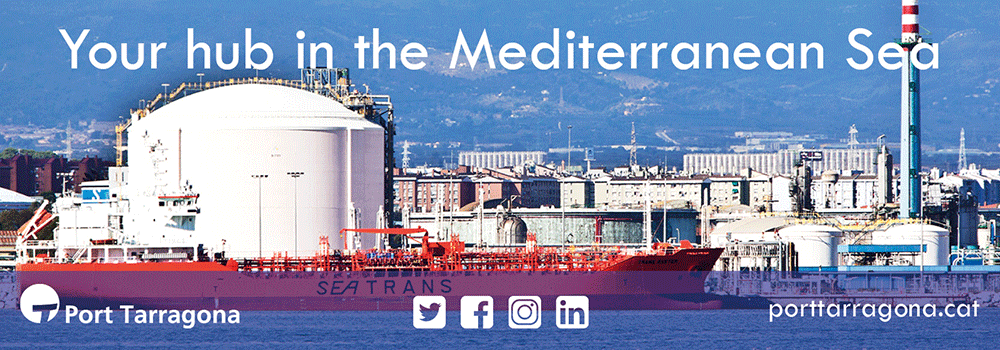ABP Annual Review 2020 promotes sustainable supply chains
Associated British Ports (ABP), the UK’s leading port owner and operator, has published its Annual Review 2020, which “celebrates the company’s achievements over the past 12 months and its ongoing commitment to building sustainable supply chains”.
This year, the document was launched with an online video featuring ABP’s Chief Executive Officer, Henrik L. Pedersen, in which he highlights key milestones and thanks ABP colleagues and the wider maritime sector for their excellent work in these challenging times.

Henrik L. Pedersen, ABP’s Chief Executive Officer, said: “I am proud of our entire organisation and our customers, as we have worked with industry partners and Government to support the UK economy and limit supply chain disruption.”
He added: “Our ports remain an integral part of international supply chains, connecting businesses to global markets. In order to fulfil this essential role in international trade and the UK economy, we work together with our customers, with whom we share a commitment to safety, sustainability and environmental protection, and we continue to make great strides in these areas.”
Over the past year, ABP said it has continued to invest in its people, facilities and equipment to deliver the best possible service to its customers safely and sustainably. “ABP has also continued to transform its ports and terminals into low carbon, resilient hubs, which can help build the sustainable supply chains of the future.”
Currently, 17 out of ABP’s 21 ports have renewable energy generation projects providing clean power for ABP, its customers and the National Grid. In addition, ABP has invested over £50 million in green technologies since 2011, including renewable energy projects, electric vehicles, electric port equipment and fuel-efficient pilot vessels.
Other key investments in the enhancement of port facilities include £33 million in the expansion and upgrade of Immingham Container Terminal and £6.8 million in the Port of Hull to install the Humber’s largest roof-mounted solar scheme.
The Port of Southampton, the UK’s number one export port, has also seen major investments in its infrastructure and equipment to improve efficiency and boost sustainability.
In Wales and Short Sea Ports, there have also been major investments including a new port office in Lowestoft to support the offshore energy sector, a £2.2 million terminal in Ayr and £7.8 million to replace and refurbish lock gates at the ports of Cardiff and Swansea.
For more information visit www.abports.co.uk
16th July 2020















